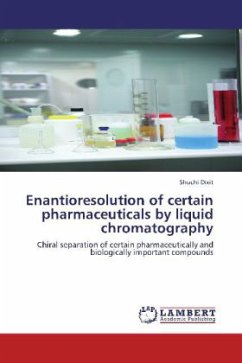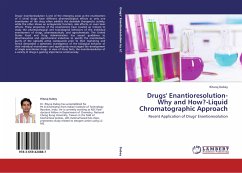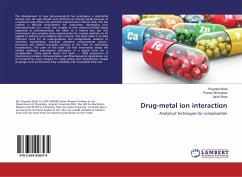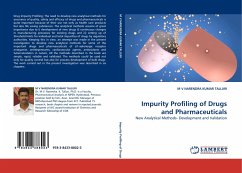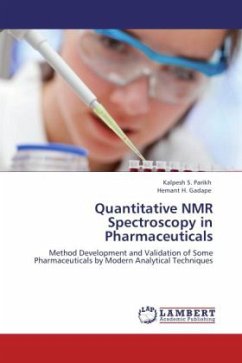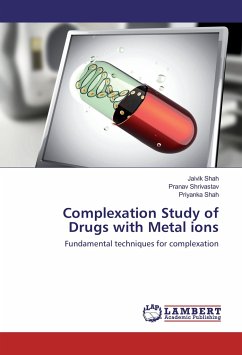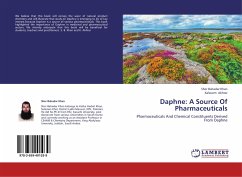Enantioresolution of pharmaceuticals and biologically important compounds continues to be important and challenging task in academia and industry. Sensitive, cost-effective and reproducible methods are reported for chiral separation of such compounds, namely (R,S)-mexiletine, (R,S)-baclofen, -blockers (i.e., (R,S)-atenolol, (R,S)-propranolol, (R,S)-bisoprolol, (R,S)-metoprolol and (R,S)-carvedilol), DL-amino acids (both proteinogenic and non-proteinogenic) and certain chiral aldehydes and ketones. Indirect approach of enantioresolution offers several advantages in comparison to direct approach. These include possibility of synthesis of chiral derivatizing reagents (CDRs) that could react easily with the functional group of the analyte, availability of certain CDRs commercially, excellent separation and detection possibilities of the resulting diastereomers, easy optimization of chromatographic conditions, and the prospect of using relatively inexpensive achiral columns. Cyanuric chloride and 1,5-Di uoro-2,4-dinitrobenzene serve as excellent structural platforms to synthesize a wide spectrum of CDRs by using amino acids and their amides as chiral auxiliaries.
Bitte wählen Sie Ihr Anliegen aus.
Rechnungen
Retourenschein anfordern
Bestellstatus
Storno

